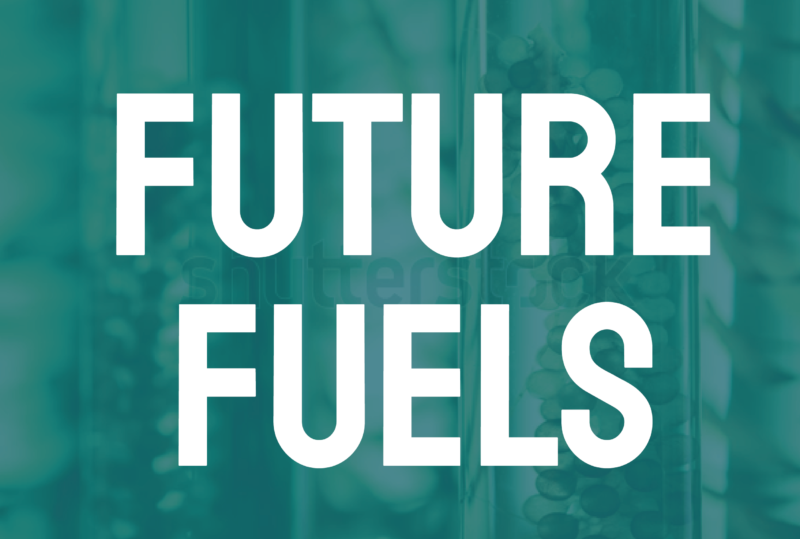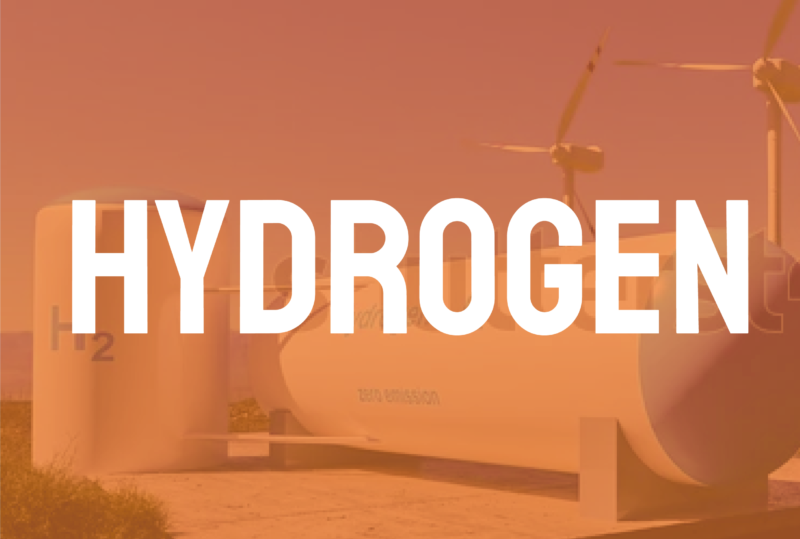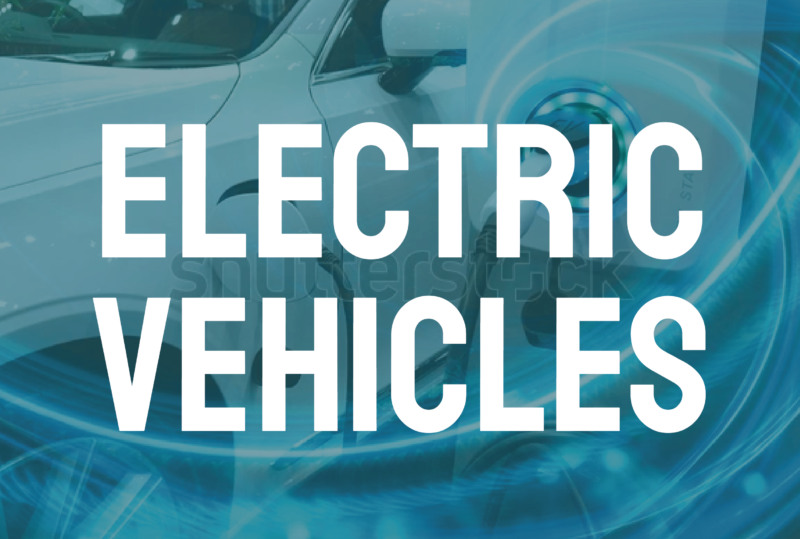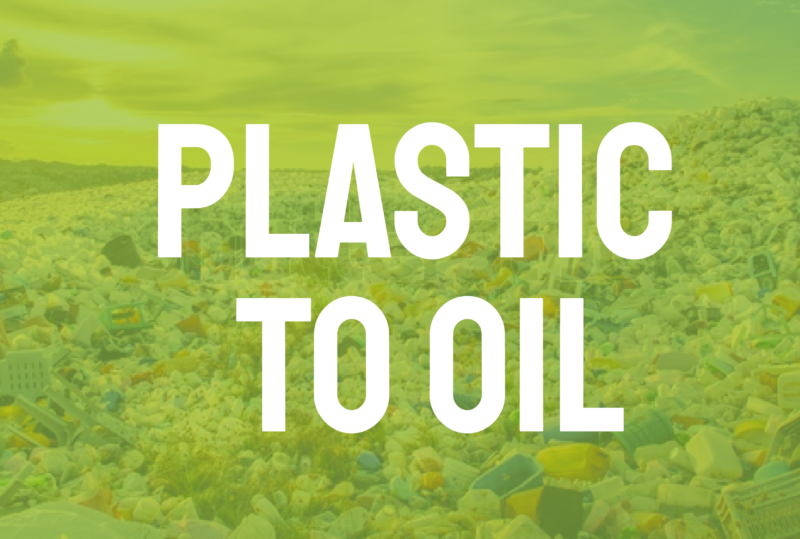Green Industries, minimizing impact
Wind, Plastics, BioFuels & more
Green Industries are those whose operations aim to have minimal impact on the environment. With the move towards a ‘Green Industrial Revolution’ here in the UK, these industries are fast becoming the most widespread areas of the sector, playing a huge role in Net Zero. HAZCHEM are part of this green team, offering a range of workwear provisions to keep workers safe in this sector. Let’s take a look at some of the industries setting out to get us to Net Zero.
Wind
Affordable Green Energy
Wind Power is affordable and ideal for the UK due to long stretches of coastline serving as powerful sources to drive this technology. Wind power is easily one of the most naturally environmentally friendly power sources, without the need for fossil fuels, producing very little pollution or waste, and as a bonus, provides thousands of job opportunities.
One company with wind projects spread across the UK is Vattenfall. Vattenfall have already established themselves as leaders in energy production with their customers as the focus of their mission, and dependable, smart grid systems. Vattenfall are turning their consumers into ‘prosumers, enabling them to distribute their own self-generated wind energy back into the grid, allowing them to be a bigger part of the fossil free way of life.
Vattenfall alone aim to deliver sustainable and fossil free electricity to 5 million UK homes by the year 2030, more than 20% of all homes.

BioFuels
From Woodchips, Sugar & Vegetable Oils
The historic burning of fossil fuels to produce power across the globe is the largest causing factor of climate change. The most significant way to ensure our planet’s longevity is to replace fossil fuels with ‘Future Fuels’. These include Hydrogen, Advanced Battery technologies and Biofuels. The next sections expand Hydrogen and High Voltage Batteries for Electric Vehicles, so let’s take a look at Biofuels.
Biofuels are fuels which are derived from wood chips, sugar or vegetable oils. Fossil fuels create carbon dioxide when used for fuel production, however biofuels are created from virgin plant sources which through growth, have removed carbon dioxide from the atmosphere, making them carbon neutral, not adding to or speeding up climate change.
Gasrec are the UK’s leading Station Builder, Operator and Supplier of Renewable Bio-LNG and Bio-CNG certified fuels, derived from renewable, waste sources, achieving a 90% reduction of carbon emissions compared to Diesel fuel. Gasrec are leading the way, supplying the transport industry and some of the UK’s biggest companies such as B&Q, Tesco, Sainsburys, UPS and Argos.

Hydrogen
The fuel in the Limelight
Used by NASA in Apollo Missions which first landed humans on the moon in 1969, Hydrogen is the most energy rich of the sustainable fuels and produces water as exhaust waste.
Hydrogen fuel is versatile due to the nature of it’s technology with much application potential. Hydrogen is stored in cells, which can be stacked to generate the amount of energy needed. Stacks of energy cells in various quantities can supply energy to the likes of a homer boiler all the way up to a bus or tractor.
Hydrogen as you know is a gas, and in order to be used and transported, it must be compressed. The production and compression of transport requires a new kind of Infrastructure. The Hydrogen Industry therefore is generating thousands of new ‘green jobs’, in order to roll out the sites and infrastructure needed to make Hydrogen an accessible fuel choice.

CCUS
Could this be key to Net Zero?
Perhaps the most critical for achieving Net Zero and preventing the progression of Climate Changes, Carbon Capture, Utilization and Storage or CCUS, is the blanket term for technologies which remove carbon dioxide from the Atmosphere, for safe storage or recycling for further use.
Coinciding with the use of alternative and sustainable energy resources, CCUS could be key in reaching Net Zero, but is the green industry with the most to do in terms of research and development. Carbon capture requires solvents which bind to the CO2 in the atmosphere which need to be developed and produced.
Waste carbon can be be utilised once captured, however the need for CO2 is outweighed substantially by the amount of it present in the atmosphere, which is were Storage of CO2 is more ideal. Proposed methods for CO2 storage are injecting into ocean bed, growing trees, and geological formations such as mountains.

Electric Vehicles
Once a Dream, now Reality
The dream invention of electric vehicles started around 1800’s, though the actual inventors and dates are hard to pinpoint and are subject to geographically biased debate. This technology has come on leaps and bounds since the very first vehicles where batteries were not rechargeable and max speeds were about 14 mph.
The sale of new diesel and petrol cars will be banned from the year 2040 in the UK, making Electric Vehicles now one of the most focused technologies in production today. Not only will Electric vehicles generate thousands of jobs in the already booming Lithium-Ion Battery production, but they will use the existing power grid infrastructure, meaning this technology is ready to roll.

Plastic to Oil
By Wales based ‘Orthios’
New plastic is produced using gas or oil, and in through this process the plastic material retains some of this energy. By the process of ‘Depolymerisation’, the energy stored in plastic can be released as a liquid energy source.
Wales based company, Orthios is doing just this! The multi beneficial model of P-2-O (Plastics to Oil), not only prevents waste sitting on landfills and polluting the oceans, but also energy produced can be transported straight to the National Grid, reducing our need for fossil fuels, and putting to good use waste polymer material.

How can we maximise our contribution to Net Zero in any Fuel Options we use or invest in?
Invest in our Future
Trusted by brands in the Energy Industry






